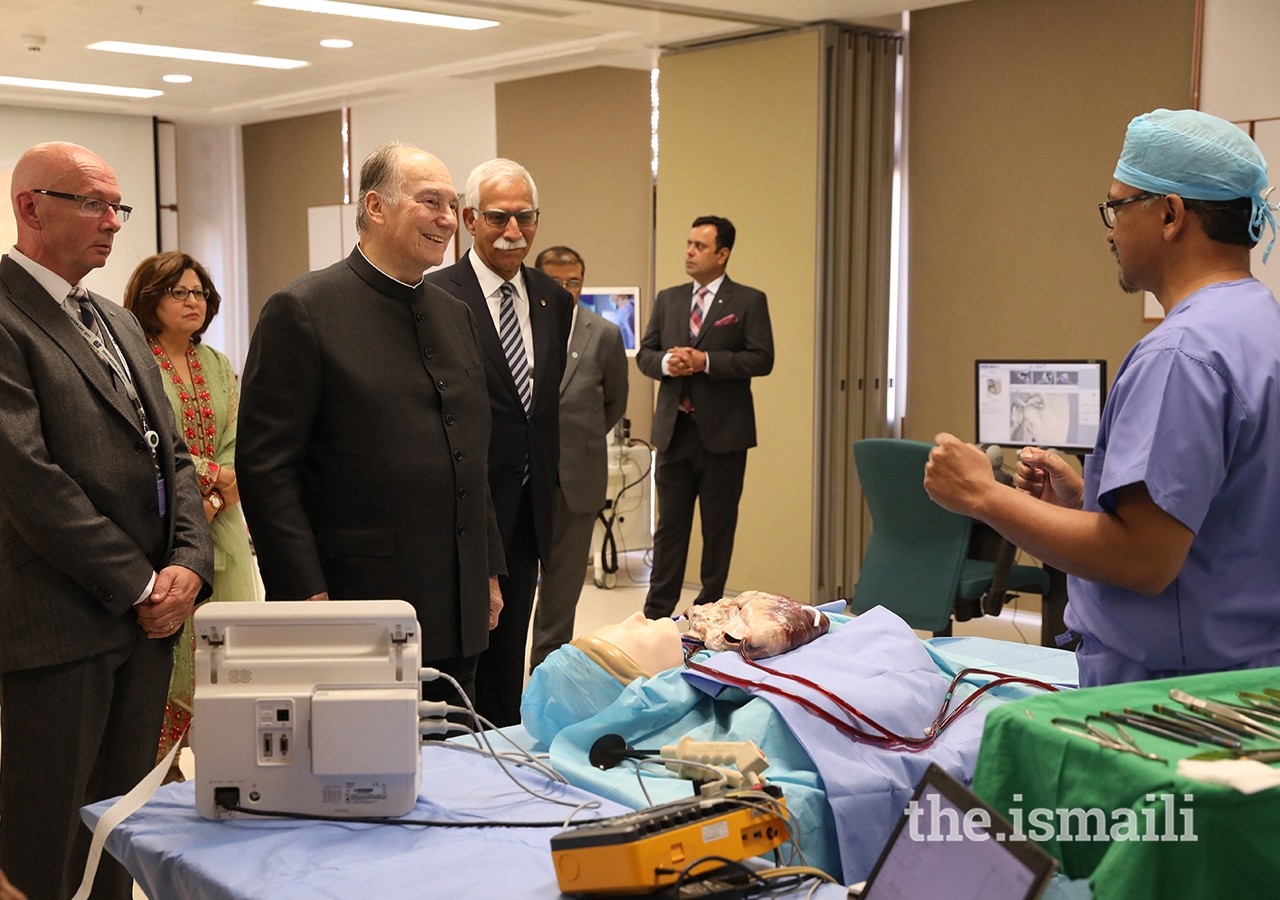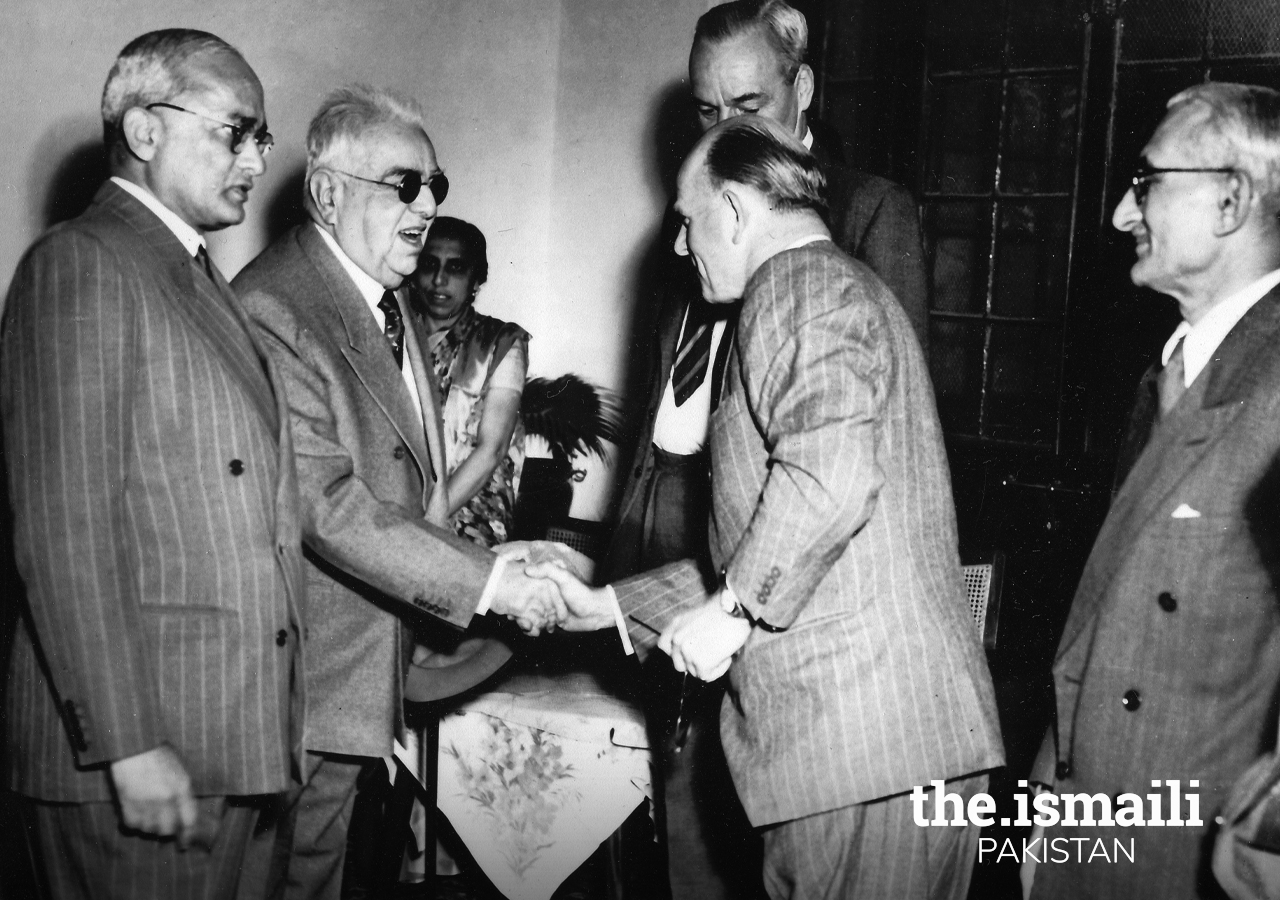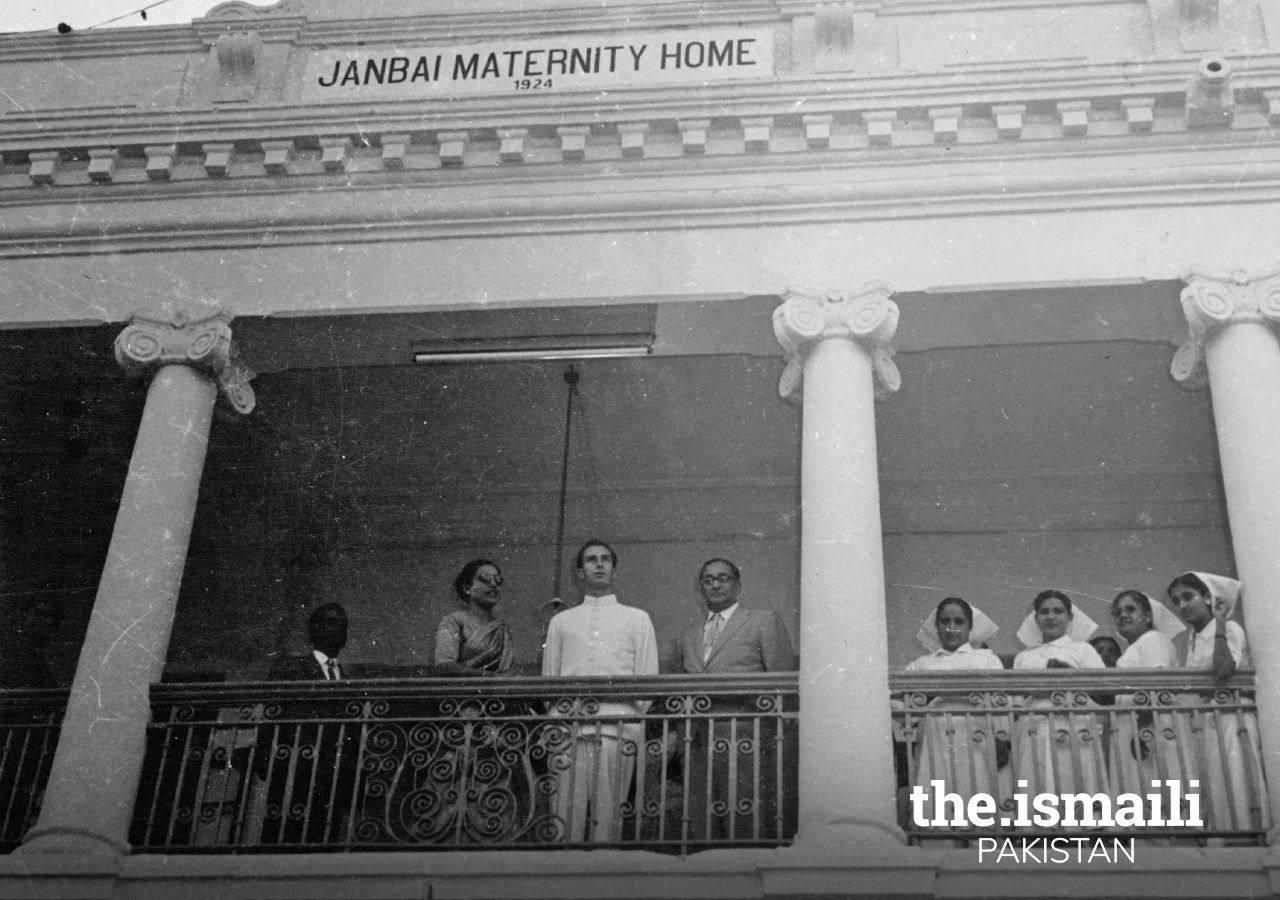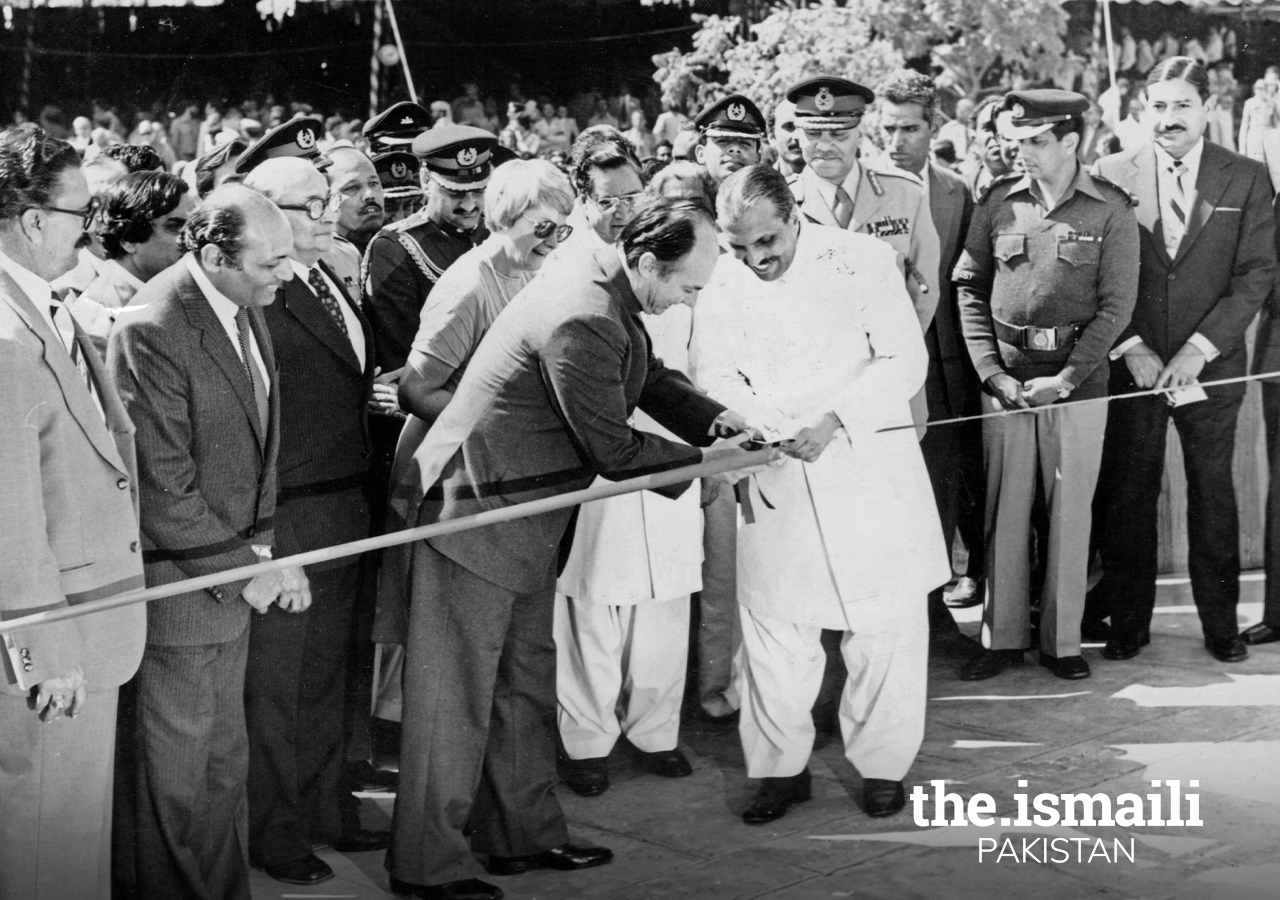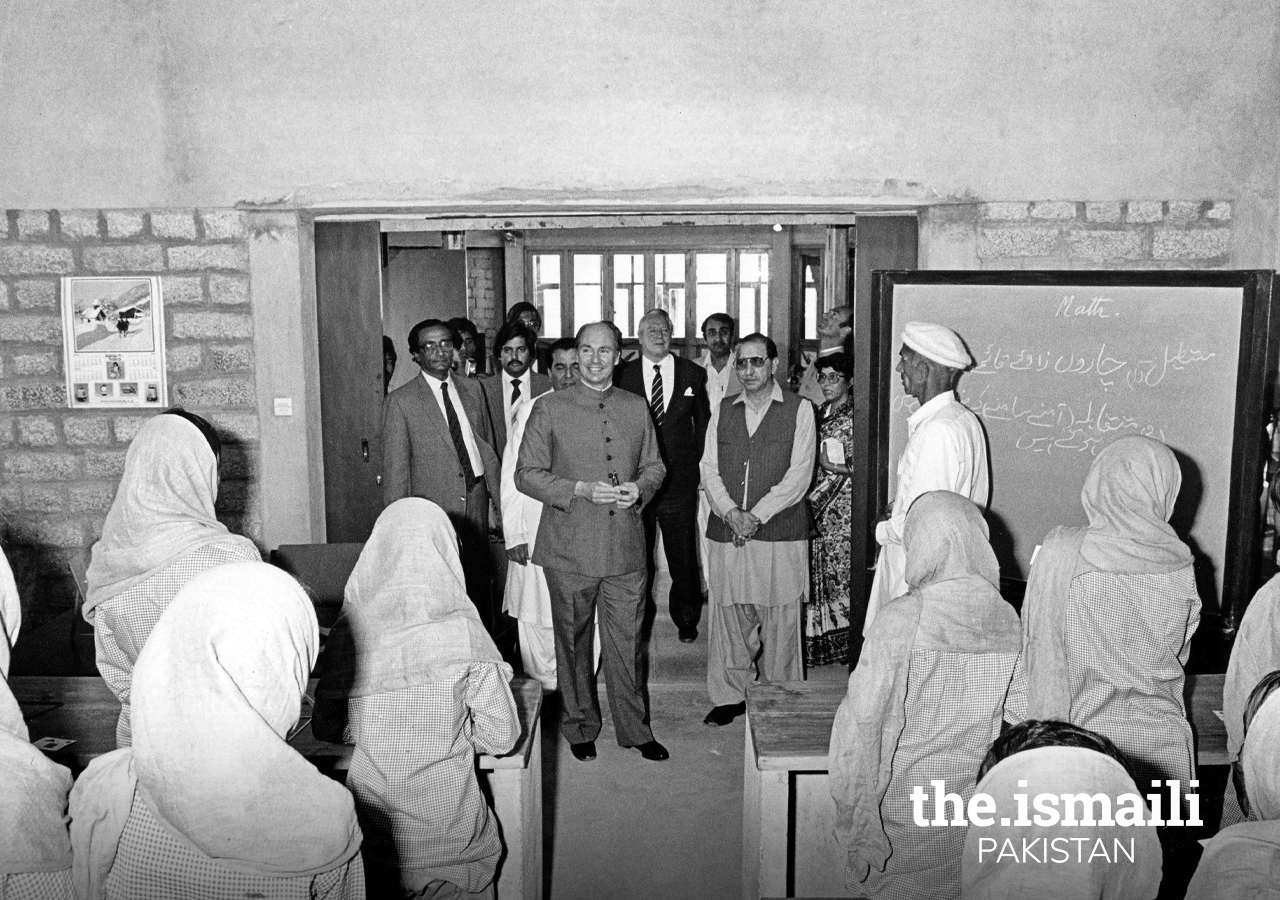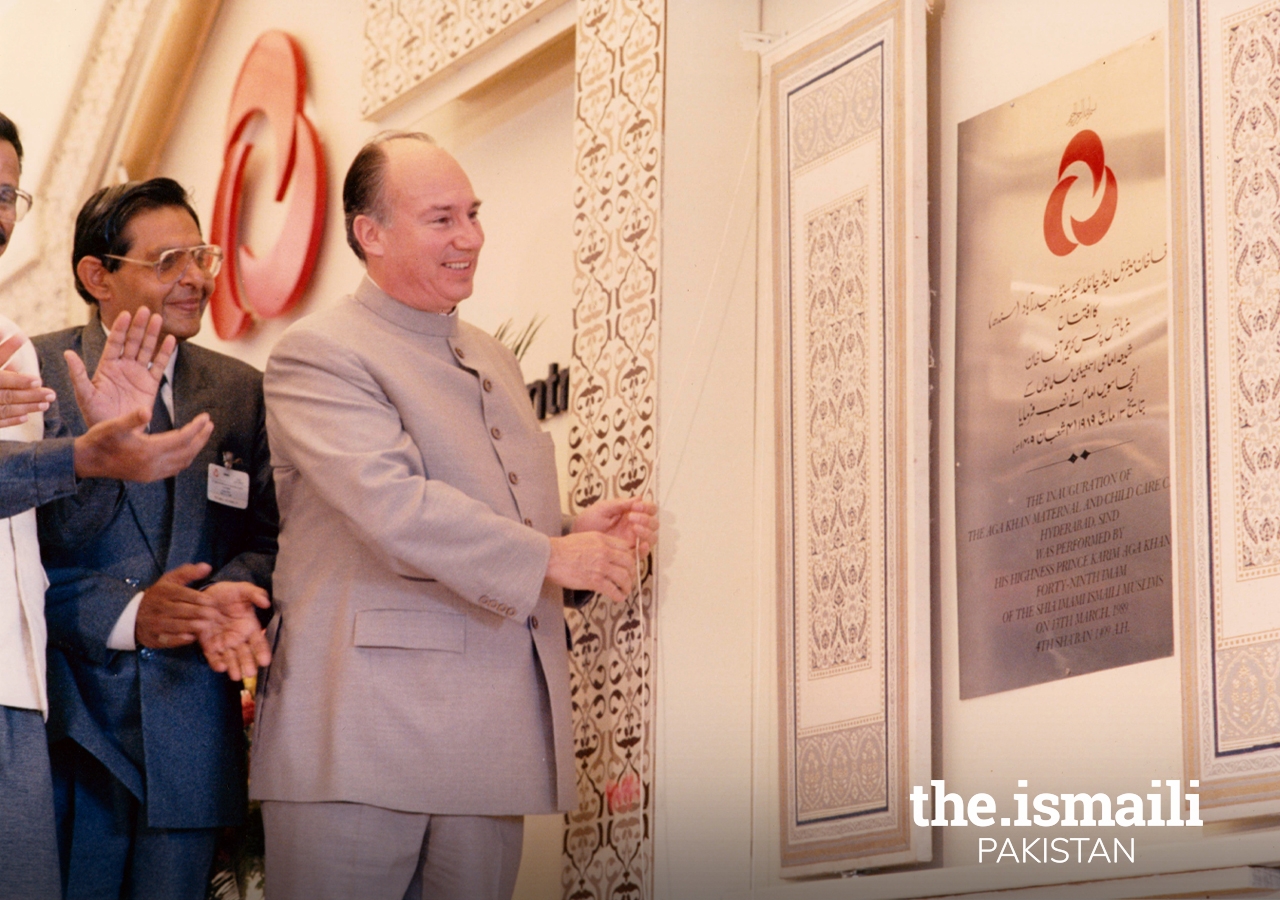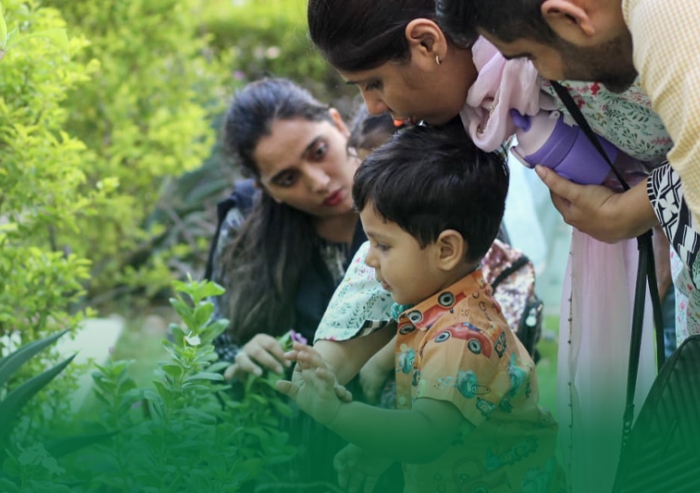Since Pakistan’s founding more than seven decades ago, AKDN has made enormous contributions to health and education, rural development, architecture, and promotion of private-sector enterprise, with an overall impact on improving the quality of life of the people. A central feature of AKDN’s approach to development has been investing in research to find innovative solutions to development needs.
As a result, the role of Aga Khan University (AKU) in providing cutting-edge research applicable to the distinctive health risks in Pakistan is a great example. Realizing its founding vision, AKU today is a globally recognized research-led university. Since, its foundation, AKU has worked in areas ranging from public health, nutrition surveys, and vaccine and clinical trial research studies to developing diagnostic techniques.
As the pandemic wreaked havoc across the globe, AKU has participated in international clinical trials of COVID-19 vaccines, treatment, and diagnostics. The contribution of AKU’s Centre for Excellence in Women and Child Health to an 18-country study was the first to reveal the danger that COVID-19 poses to pregnant women and their babies. Through its innovative approaches, the Center has also worked on increasing routine childhood immunization in partnerships with government and international foundations. Meanwhile, AKU researchers have also been engaged in tracking the evolution and spread of new variants of the virus in Pakistan.
As another important area to address “tomorrow’s challenges, as well as today’s”, the research at AKU is also focused on harnessing, as Mawana Hazar Imam stated at AKU’s 2020 convocation, “the enormous potential of advances in artificial intelligence, genomic medicine, and stem cell science to address tomorrow’s challenges, as well as today’s.” AKU researchers are, thus, engaged in harnessing the potential of basic science for the development of novel therapies and translating these from bench to bedside through its Centre for Regenerative Medicine and Stem Cell Research.
As the most advanced simulation-based healthcare teaching and learning institute in Pakistan, AKU’s Centre for Innovation in Medical Education aims to promote excellence in education, innovation, research, and learning through technology. It aims to promote a culture of innovative learning and teaching through high-quality education programs for healthcare trainees and professionals.
Furthermore, given the importance of using modern and digital technologies in healthcare, AKDN’s focus has also been on working with local and international collaborators to strengthen the healthcare system by streamlining health delivery to be more efficient and patient-centred. The Digital Health Resource Centre’s Innovation Lab established in 2014 has brought together engineers and developers to conduct their cutting-edge research to ideate, design, and develop high-impact devices for healthcare delivery challenges. The research group at the Centre is currently working with the Government of Sindh to enhance access to mental health services and developing the app, known as mPreshan. Before that, the Centre also developed Hayat, a mHealth innovation that has greatly empowered the frontline health professionals with digital technology. To more effectively increase awareness about preventative measures, Hayat enables lady health workers, community midwives, and immunisation personnel to promptly enter data of mother and child health services performed during field visits.
In response to Mawlana Hazar Imam’s vision, the Aga Khan Rural Support Program (AKRSP) has been operating since 1982 for the socio-economic development and building of human capital of the communities of Gilgit Baltistan and Chitral (GBC). With the lack of food security, a prominent challenge, AKRSP has helped in developing high mountain agriculture and scaling up passive green houses.
Due to global warming and the melting of glaciers, climate change has emerged as a new challenge in the mountains of the GBC region. The Aga Khan Agency for Habitat (AKAH), which has strong partnerships with government organisations, is working with 500,000 members of mountain communities in Pakistan with the primary goal of assisting them to develop safe, secure and resilient habitats including seismic-proof buildings and disaster preparedness with early warning systems. To considerably reduce the use of timber, AKAH's Building and Construction Improvement Programme has initiatives that have delivered more than 60 creative solutions, from improved cooking burners to wall strengthening. This has made a substantial impact on preventing deforestation in these regions.
Preserving cultural heritage while allowing enough space for cultural innovation poses a great challenge in the context of growing cities and urbanization. Against the backdrop of such challenges, the Aga Khan Trust for Culture (AKTC) enters its third decade of dedicated service to cultural development in Pakistan. The Aga Khan Award for Architecture is one initiative of AKTC to address the current needs and aspirations of Muslim communities, recognizing and promoting excellence and innovation in architectural concepts that have an impact on the built environment of today. Over the past 40 years, more than 100 projects have been recognized by this award, often anticipating innovations like green buildings or reflecting architectural discourse.
Be it education, health, restoration of cultural heritage, or response to climate change, AKDN has always anticipated serving Pakistan. The mandate essentially echoes with the vision that guides it, to create an enabling environment that is, as Mawlana Hazar Imam has stated, “A favorable framework in which human creativity can flourish.” As we look to a prosperous future for Pakistan, the AKDN model offers an illustration of community engagement in developmental contexts with a strong foundation built upon the ethos of our heritage intertwined with the innovation of tomorrow.

